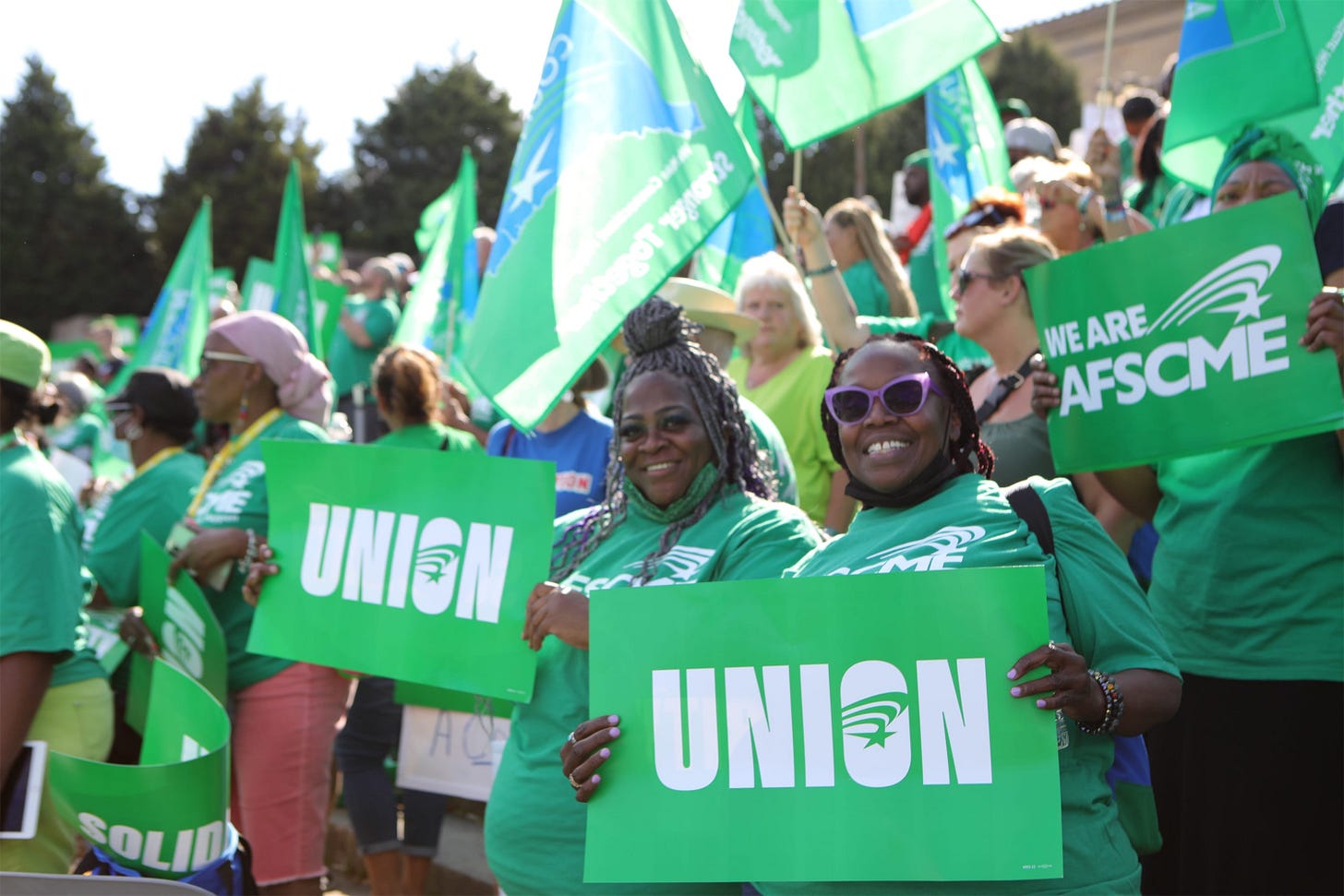08/28/2024: Two Retaliation Cases
One successful. The other unsuccessful.
Methodist Hospitals, JD-50-24, 13-CA-316990 (ALJ Decision)
This case involves allegations that Methodist Hospitals violated Section 8(a)(1) of the National Labor Relations Act by discharging employee Harold Stephen Freundlich for discussing his wages with coworkers and by telling him he was being discharged for that reason.
Key facts:
Freundlich was hired in September 2022 as a help desk technician
In October-November 2022, he discussed his wages and concerns about on-call work with coworkers
On November 23, his supervisor emailed a higher-up asking for help terminating Freundlich for discussing wages
On December 1, Freundlich was terminated and told it was for discussing wages with coworkers
Legal analysis:
The ALJ applied the Wright Line framework to analyze the discharge allegation. Under Wright Line, the General Counsel must first show the employee engaged in protected activity, the employer knew of it, and there was animus toward the activity. The burden then shifts to the employer to show it would have taken the same action absent the protected activity.
The ALJ found the General Counsel met its initial burden:
Freundlich engaged in protected activity by discussing wages. The ALJ cited precedent that wage discussions are "inherently" protected concerted activity under Section 7, even without evidence of group action (Alternative Energy Applications).
The employer knew of the activity, as evidenced by the supervisor's email about terminating Freundlich for wage discussions.
Animus was shown by the employer's stated reason for discharge being the wage discussions.
The burden then shifted to Methodist Hospitals, but the ALJ found it failed to show it would have discharged Freundlich absent the protected activity. While there was evidence of performance issues, the employer provided no documentation it was considering discipline prior to the wage discussions. The ALJ also noted the failure to call as a witness the higher-level official involved in the termination decision.
The ALJ concluded the discharge violated Section 8(a)(1).
Additionally, the ALJ found that telling Freundlich he was discharged for discussing wages was a separate 8(a)(1) violation under Capstone Logistics.
Significant cases cited:
Wright Line, 251 NLRB 1083 (1980) - Established burden-shifting framework for analyzing discriminatory discharge allegations.
Alternative Energy Applications, 361 NLRB 1203 (2014) - Held that employee wage discussions are "inherently" protected concerted activity.
Capstone Logistics, 372 NLRB No. 124 (2023) - Held that telling an employee they are discharged for protected activity is itself an 8(a)(1) violation.
Memphis Public Employees Union, Local 1733, JD-51-24, 15-CA-304298 (ALJ Decision)
This ALJ decision involves allegations that Memphis Public Employees Union, Local 1733 (the Union) violated Section 8(a)(1) of the National Labor Relations Act by taking various actions against employee Ashley Basquez in retaliation for protected concerted activity. The key issues revolve around whether Basquez engaged in protected concerted activity and whether the Union's actions were unlawfully motivated.
Key facts:
Adrian Rodgers was elected Union president in March 2022 on a reform platform to address financial issues.
Basquez, an administrative assistant, was aligned with the previous leadership and resisted Rodgers' efforts.
The Union reduced Basquez's hours/pay in June 2022, placed her on administrative leave in late June, and terminated her in July 2022.
Basquez filed complaints alleging harassment by Rodgers.
Legal analysis:
The ALJ applied the Wright Line framework to analyze the alleged retaliatory actions. Under Wright Line, the General Counsel must first show the employee engaged in protected activity, the employer knew of it, and there was animus toward the activity. The burden then shifts to the employer to show it would have taken the same action absent the protected activity.
The ALJ concluded the General Counsel failed to establish that Basquez engaged in any protected concerted activity:
Basquez's complaints about working conditions at a June 1, 2022 staff meeting were not concerted. The ALJ applied the test from Home Depot USA, Inc., which requires showing the activity was both "concerted" and for "mutual aid or protection." The ALJ found Basquez was speaking only for herself, not on behalf of other employees.
Basquez's June 22, 2022 written complaint about Rodgers was also not protected concerted activity. It focused on personal issues and did not indicate a mutual purpose with other employees.
A conversation Basquez had with a coworker about workplace tensions was not protected concerted activity, as it was just "chatting about recent events" without a mutual aid purpose.
Since no protected activity was established, the General Counsel failed to meet the initial Wright Line burden. The ALJ therefore dismissed the 8(a)(1) allegations regarding the reduction in hours/pay, administrative leave, and termination.
The ALJ also dismissed other 8(a)(1) allegations:
Alleged threats by Rodgers and Executive Director Gail Tyree were found not to be unlawful in context.
The allegation that the Union required employees to be members was not supported by evidence.
An allegation regarding coercive interrogation by the Union's lawyer was dismissed because, absent protected activity, the Johnnie's Poultry safeguards did not apply.
Significant cases cited:
Wright Line, 251 NLRB 1083 (1980) - Established framework for analyzing discriminatory discharge allegations.
Home Depot USA, Inc., 373 NLRB No. 25 (2024) - Clarified test for determining if activity is protected concerted.
Johnnie's Poultry, 146 NLRB 770 (1964) - Established safeguards for employer questioning of employees about union activities.

